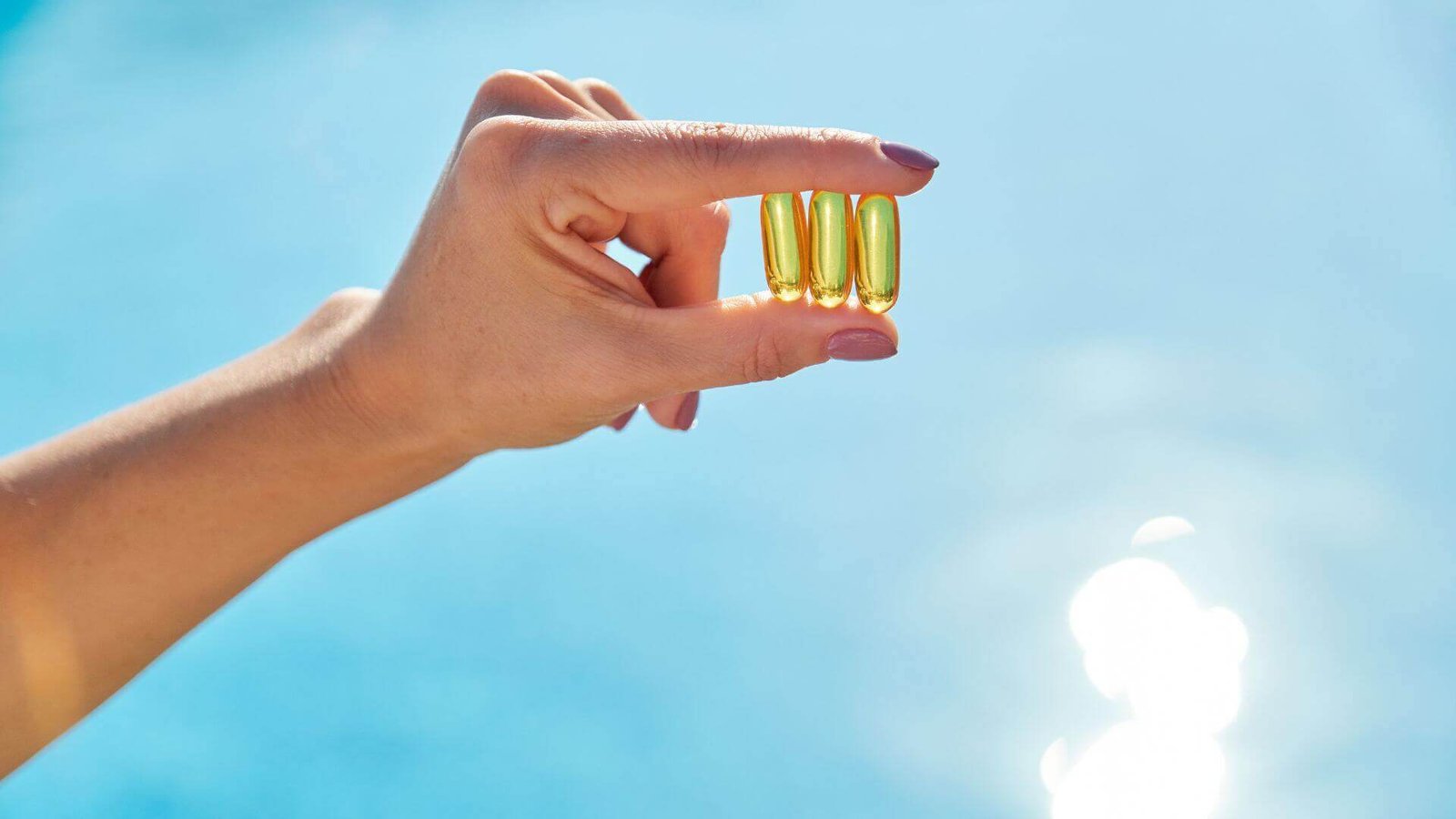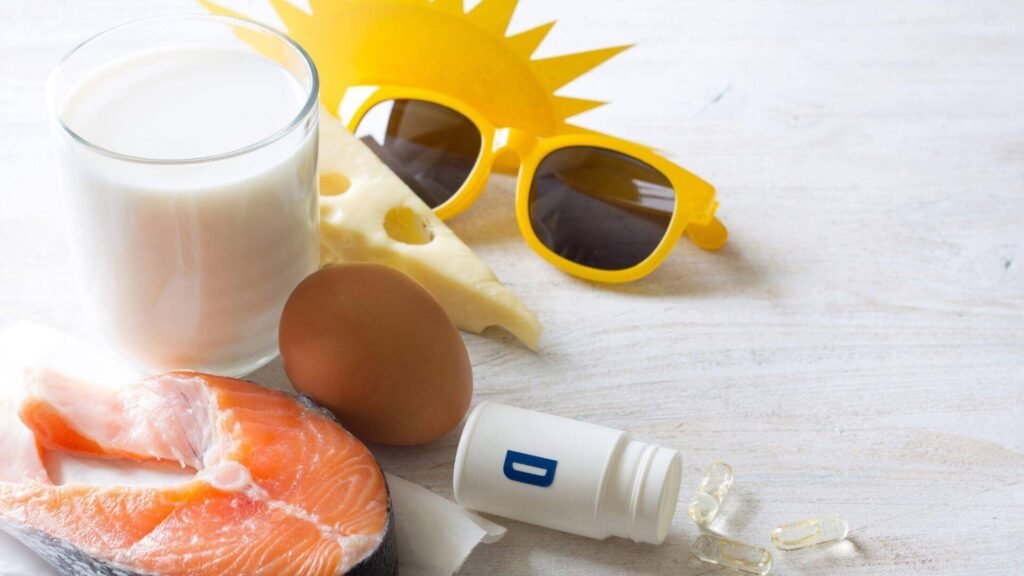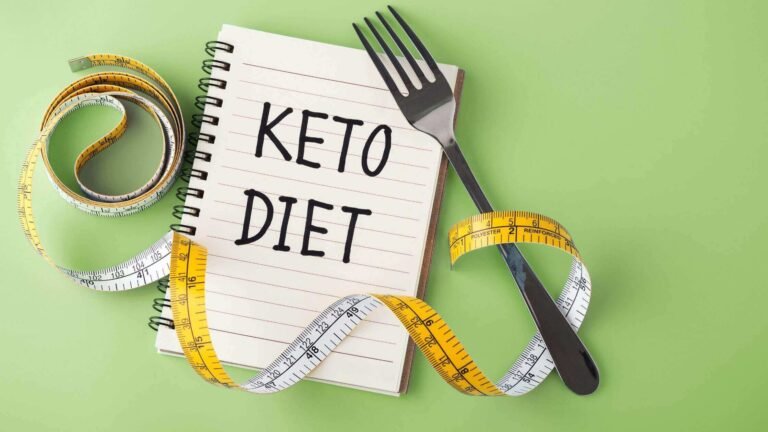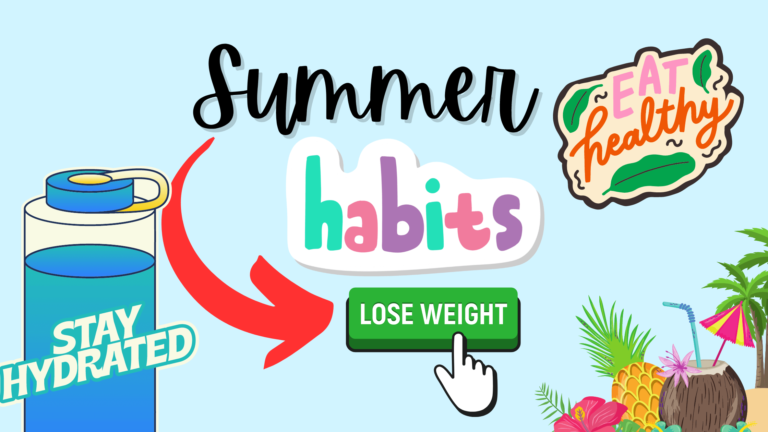When Is The Best Time to Take Vitamin D

Vitamin D might not be the flashiest vitamin on the shelf, but it’s a superstar for your health. It acts like a hormone your body makes when you get sunshine, and it helps your immune system, muscles, nerves, and bones.
Here’s the catch: lots of people are missing out on this sunshine vitamin. Why? Because it’s not in many foods, and some people don’t get enough sun exposure. Adults need around 20 micrograms (800 IU) of vitamin D daily. While some fish and fortified milk have it, it’s tough to get enough from food alone. That’s where vitamin D supplements come in.
But taking a supplement isn’t enough. You want to make sure you take the right amount and your body absorbs it well. Stay tuned to learn the best time to take your vitamin D and what to consider for better absorption.
Understanding Vitamin D
Along with many other biological effects, vitamin D is a group of fat-soluble secosteroids that make it easier for the body to absorb calcium, magnesium, and phosphate.
Think of vitamin D as your sunshine buddy! It comes in two forms:
- Vitamin D from Food (D2): This one lives in plants like mushrooms and some fortified foods.
- Vitamin D from Sunshine (D3): Your body makes this kind when your skin gets some sun exposure.
Both types get converted by your body into a special form called “25(OH)D.” This is what doctors measure in a blood test to see if you have enough vitamin D.
Here’s why your sunshine buddy is so important:
- Strong Bones: Vitamin D helps your body use calcium, which is like the building block for bones. This keeps your bones strong and helps prevent breaks.
- Fighter Power: Vitamin D helps your immune system fight off bad guys like colds and viruses. No more feeling yucky all winter!
- Muscle Matchmaker: Feeling weak or achy? Vitamin D might be the reason. It helps your muscles work their best.
- Happy Helper: Some studies suggest vitamin D might even help with your mood!
So, how can you get enough sunshine buddy? Spending some time in the sun is great, but you can also get it from certain foods. Talk to your doctor to see if you might need a vitamin D supplement too!
Important Considerations
To maximize the health benefits of taking a vitamin D supplement, there are some considerations to bear in mind. Here are a few important factors:
Health Conditions
Several health conditions can affect your vitamin D needs or how well your body absorbs it. These include:
- Osteoporosis or osteopenia (bone conditions)
- Depression
- Kidney or liver disease
- Family history of neurological conditions
If you have any of these conditions, it’s especially important to talk to your doctor about vitamin D. They may recommend a specific dosage or timing for your supplement to maximize the benefits.
Body Size and Absorption
Which vitamin D you need and how well it works for your body can also depend on your size. People who are bigger might need a bigger dose. Before you start taking vitamins, you should always talk to your doctor to find out the right amount for you.
Individual Preference
Taking supplements consistently is key to reaping their benefits. Consider when you’re most likely to remember to take your vitamin D each day.
Try habit stacking: Pair your vitamin D with an activity you already do daily, like brushing your teeth or taking your morning coffee. This will help you develop a routine and avoid missed doses.
Dietary Habits
Vitamin D is fat-soluble, meaning it gets absorbed better with fatty foods. To get the most out of your vitamin D, eat it with a healthy fat-rich food, like avocado, nuts, seeds, fatty fish, or full-fat cheese.
Talk to your doctor to determine which type of vitamin D supplement is best for you, especially if you’re already taking one and want to make sure it’s the right form.
Sun vs. Supplement: Can You Get Enough Vitamin D Naturally?
While basking in the sun’s warm glow feels delightful, geographical limitations and concerns about sun damage can make it challenging to get enough vitamin D naturally. Here’s a reality check:
- Location, Location, Location: Living further north or south of the equator means less UVB rays reach the Earth’s surface, making natural vitamin D synthesis difficult [5].
- Sun Safety vs. Sun Exposure: While moderate sun exposure is beneficial for vitamin D production, overexposure can lead to sunburn and increase the risk of skin cancer. Sunscreen, while essential for protection, can also block UVB rays needed for vitamin D synthesis .
Why Timing Matters for Maximum Benefit
Soak up the sunshine! Especially in summer, midday is prime time to catch some rays. That’s when the sun sits high in the sky, blasting out its most potent vitamin D-making UVB rays. This means you can maximize your vitamin D production in less time.
Science backs this up too. Studies show our bodies are most efficient at cranking out vitamin D around noon. For instance, a UK study found just 13 minutes of midday summer sun, three times a week, kept Caucasian adults topped up on this essential vitamin. Imagine that, just a quick lunchtime break in the sunshine can be a game-changer!
Another study compared sunshine to supplements. In Oslo, Norway, participants who spent 30 minutes soaking up the midday summer sun got the same vitamin D boost as popping 10,000-20,000 IU of vitamin D supplements (yikes, that’s a lot of pills!). The recommended daily dose of vitamin D is typically around 600 IU, so you can see how powerful that midday sun can be.
But wait, there’s more! Not only is midday sun exposure more efficient for vitamin D, it might also be safer. One study suggests that catching rays later in the afternoon could up your risk of nasty skin cancers. So, soak up the sunshine strategically, and aim for that midday magic.

Ultimately, the best time to take vitamin D is the time that works best for you and ensures consistent daily intake. Listen to your body
and choose a schedule you’re likely to stick with. Here are some additional factors to consider:
- Your Circadian Rhythm: Some studies suggest vitamin D might interact with our natural sleep-wake cycle. If you tend to have better digestion in the mornings and experience afternoon slumps, taking it with breakfast might be ideal. However, if you have a sensitive stomach or find morning supplements disrupt your sleep, consider an evening dose [11].
- Medication Interactions: Certain medications can interact with vitamin D absorption. Consult your doctor to determine if there’s a best time to take your vitamin D in relation to your medications.
Beyond Timing: Additional Tips for Optimal Absorption
Maximizing vitamin D absorption goes beyond just timing. Here are some additional strategies to consider:
Choosing the Right Form: Vitamin D2 vs. D3 Explained
There are two main forms of vitamin D supplements available: D2 and D3. Vitamin D2, found in plant-based sources and some fortified foods, may be less well-absorbed compared to vitamin D3, the form our body naturally produces from sunlight. For optimal benefit, consider opting for vitamin D3 supplements or a combination of D2 and D3.
Supportive Nutrients: Power of Vitamin K and Magnesium
Vitamin D doesn’t work alone. Partnering it with other essential nutrients can further enhance its effectiveness:
- Vitamin K: This vitamin plays a crucial role in bone health alongside vitamin D, ensuring proper calcium deposition in bones [13]. Consider taking a combined vitamin D and K supplement for an extra bone-boosting synergy.
- Magnesium: This mineral is involved in over 300 biochemical reactions in the body, including vitamin D metabolism. Studies suggest sufficient magnesium levels might improve vitamin D activation and function [14].
Know Your Levels
While sunshine and supplements can help, the best way to determine your vitamin D status is through a simple blood test. The optimal level of 25(OH)D is still under debate, with some experts recommending a target range of 30-50 ng/mL for overall health benefits [15].
Consulting your doctor and getting a vitamin D test is crucial to determine if you need supplementation and what dosage might be right for you. Individual needs can vary based on factors like age, health conditions, and body weight.
Get the most out of your vitamin D routine for good health.
By understanding the importance of vitamin D, maximizing its absorption, and potentially addressing any deficiencies, you can unlock the sunshine within and experience a range of health benefits. Here’s a quick recap:
- Get Some Sun (Safely): Aim for short bursts of unprotected sun exposure during peak sun hours, depending on your skin tone and location.
- Supplement Wisely: Choose a vitamin D3 supplement, consider timing and healthy fats for optimal absorption, and explore potential benefits of combining it with vitamin K and magnesium.
- Get Tested: Schedule a blood test to determine your vitamin D levels and discuss personalized recommendations with your doctor.
Making these changes to your daily routine will help your body get the vitamin D it needs to stay healthy. Always being the same is important! Getting vitamin D every day is good for you, and spending time in the sun is also good for you.
Some Vitamin D Myths
There’s a lot of information out there about vitamin D, and not all of it is accurate. Let’s clear up some common myths:
- Myth: Vitamin D supplements are unnecessary if you get enough sun.
- Fact: Sun exposure limitations, location, and even sunscreen use can make achieving optimal vitamin D levels difficult for many people. Supplements can help bridge the gap.
- Myth: Vitamin D is only important for bone health.
- Fact: Vitamin D plays a multifaceted role in overall health, influencing immune function, mood regulation, and muscle strength.
- Myth: Taking too much vitamin D can be toxic.
- Fact: Very high doses of vitamin D can be harmful, but this is uncommon with typical supplementation. Always consult your doctor for personalized dosage recommendations.
How can I make sure that I take my vitamin D supplement every day?
Be consistent! For optimal benefits, take your vitamin D supplement at the same time every day when you drink water, brush your teeth, or have your coffee. This will help you remember to take the supplement, which is especially important if you have trouble sticking to a regular supplement schedule. One idea is to have your supplement close by the coffee mugs so you can see it first thing in the morning.
Disclaimer: The information provided is for educational purposes only and should not be considered medical advice. Consult with a qualified healthcare professional before making significant changes to your diet or exercise routine.






